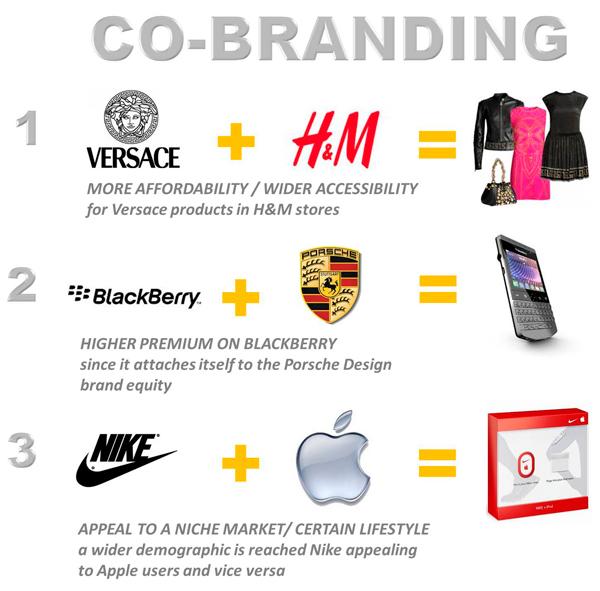
In an era where content reigns supreme and attention spans are fleeting, YouTube influencers have emerged as the modern-day emissaries of brand storytelling. With millions of subscribers and views that can outpace traditional advertising, these digital creators hold the keys to a vast and engaged audience. However, the allure of influencer marketing is accompanied by a labyrinth of legalities that brands and influencers alike must navigate with care. from the intricacies of disclosure regulations to the subtleties of contract negotiations, the legal landscape of YouTube influencer marketing can be as complex as the algorithms that govern the platform itself. In this article, we’ll unveil the essential legal considerations that every stakeholder should be aware of, empowering brands and influencers to forge partnerships that are not only captivating but also compliant. Join us as we dive into the critical elements that will help you navigate this dynamic and transformative world.
Understanding the regulatory Landscape of YouTube Influencer marketing
As influencer marketing continues to grow on platforms like YouTube, understanding the regulatory framework that governs these interactions is crucial.Brands and creators must stay informed about the Federal Trade Commission (FTC) guidelines, which mandate transparency in advertising. This includes the obligation to disclose when content is sponsored or contains affiliate links. Failure to comply can lead to important penalties, diminishing the trust of viewers and damaging the reputation of both influencers and brands. Here are key aspects to keep in mind:
- Clear Disclosures: Use hashtags like #ad or #sponsored in video titles or descriptions.
- Truth in Advertising: Ensure all claims made in promotions are truthful and not misleading.
- privacy concerns: Be cautious about personal data collected from viewers and adhere to regulations such as GDPR.
Furthermore,compliance isn’t only about adhering to federal guidelines; state laws and international regulations can also play a role.Different jurisdictions may have varying standards regarding advertising practices, and companies should evaluate their influence on YouTube accordingly. Influencers should maintain thorough records of all partnerships and sponsorship agreements to ensure they can provide necessary documentation if questions arise. Observing these regulations not only protects against legal issues but strengthens the influencer’s credibility and their relationship with their audience.
| Regulatory Aspect | Importance |
|---|---|
| Disclosure Requirements | Builds trust with viewers |
| Honest Depiction | Maintains integrity in advertising |
| data Privacy Compliance | Protects consumer rights |

Key Legal Considerations for Brand partnerships and Sponsorships
When entering into brand partnerships and sponsorships, understanding the legal landscape is paramount. Both influencers and brands must ensure that their agreements encompass key details to avoid future disputes. Contracts should clearly define the scope of work,deliverables,timelines,and payment structures. Additionally, parties should consider including confidentiality clauses to protect proprietary information and termination provisions to outline how either party can exit the partnership under certain conditions. It’s essential to also delineate the responsibilities regarding compliance with advertising regulations, especially in relation to the Federal Trade Commission (FTC) guidelines, which mandate clear and conspicuous disclosures of compensations and endorsements.
Moreover, legal considerations often extend beyond contracts and agreements. It’s crucial to address intellectual property rights to ensure that the use of brand logos, trademarks, and copyrighted materials is permitted. This not only protects the brand’s image but also shields the influencer from inadvertently infringing on copyrights. Create a proactive approach by including a section in your contract that specifies ownership rights of created content post-campaign. A useful overview of essential points to outline in any partnership agreement can include:
| Key Consideration | Description |
|---|---|
| Contracts | Define deliverables, timelines, and compensation. |
| Compliance | Adhere to FTC guidelines for disclosures. |
| Intellectual Property | Address rights to use brand logos and created content. |
| Termination | Outline conditions for ending the partnership. |

Crafting Transparent Disclosure Practices to build Trust
In the dynamic realm of influencer marketing, especially on platforms like YouTube, establishing transparent disclosure practices is not just a legal requirement; it’s pivotal for fostering genuine relationships between influencers and their audiences. Creators must clearly communicate their affiliations with brands through explicit disclosures in their videos and descriptions. This could include phrases such as “Sponsored by”, “Paid partnership”, or simply “ad” to ensure that followers understand when they are viewing paid content. Such clarity not only fulfills legal obligations but also enhances credibility, allowing followers to make informed choices about the products being endorsed.
Moreover, maintaining consistency in disclosure practices can substantially uplift trust levels among audiences. By adopting an ongoing commitment to transparency, influencers can build a loyal following, who are appreciative of honest discussions surrounding sponsorships. Consider the following best practices for effective disclosure:
- Use clear language that leaves no room for ambiguity.
- Position disclosure statements at the beginning of the video or in the first lines of the description.
- Regularly educate followers on the importance of disclosures and their role in ethical marketing.

Protecting Your Brand: Intellectual Property Rights and Content Ownership
In the ever-evolving world of influencer marketing, safeguarding your brand’s identity is paramount. Maintaining intellectual property rights not only shields your content from unauthorized use but also promotes originality. Here are some essential aspects to consider:
- Trademarks: Register your logo, brand name, or slogan to prevent others from using them.
- Copyrights: Protect original works, such as videos and graphics, to retain ownership of your creative output.
- Agreements: Establish clear contracts with influencers, outlining content ownership and usage rights.
Moreover, understanding content ownership is crucial in a collaborative environment like YouTube. As relationships with influencers develop,the ambiguity surrounding who owns creative material can lead to disputes. Consider leveraging a comprehensive table to clarify these roles:
| Role | Ownership of Content |
|---|---|
| Brand | Rights to promotional materials and branding elements |
| Influencer | Rights to the final edited videos and personal likeness |
| Collaborative Projects | Joint ownership needs to be clearly defined in contracts |
Key Takeaways
As we conclude our deep dive into the intricate world of YouTube influencer marketing,it’s clear that navigating this dynamic landscape requires more than just creativity and charisma.By understanding the legal essentials outlined in this article, brands and influencers alike can foster authentic relationships while protecting themselves from potential pitfalls.
As the platform continues to evolve, staying informed about regulations and best practices is not just beneficial—it’s essential. Whether you’re an aspiring influencer or a seasoned marketer, embracing these legal principles will empower you to thrive in this vibrant digital ecosystem.
prosperous influencer marketing is about more than just clicks and likes; it’s about building trust and integrity in every collaboration. As you embark on your journey in this captivating space, remember: knowledge is your best ally. Navigate wisely, and let your creativity shine while grounded in a solid legal foundation. happy creating!